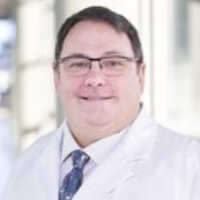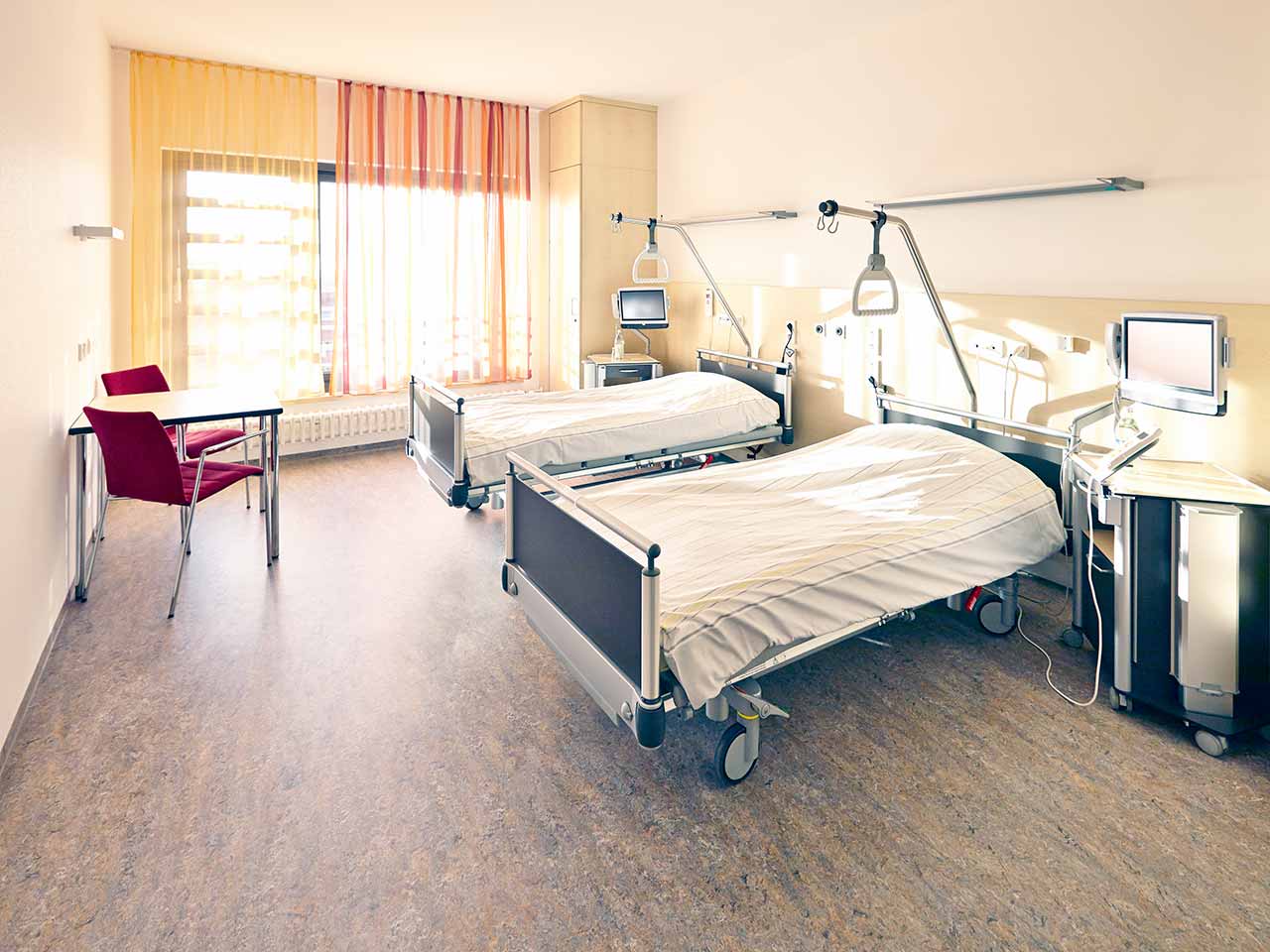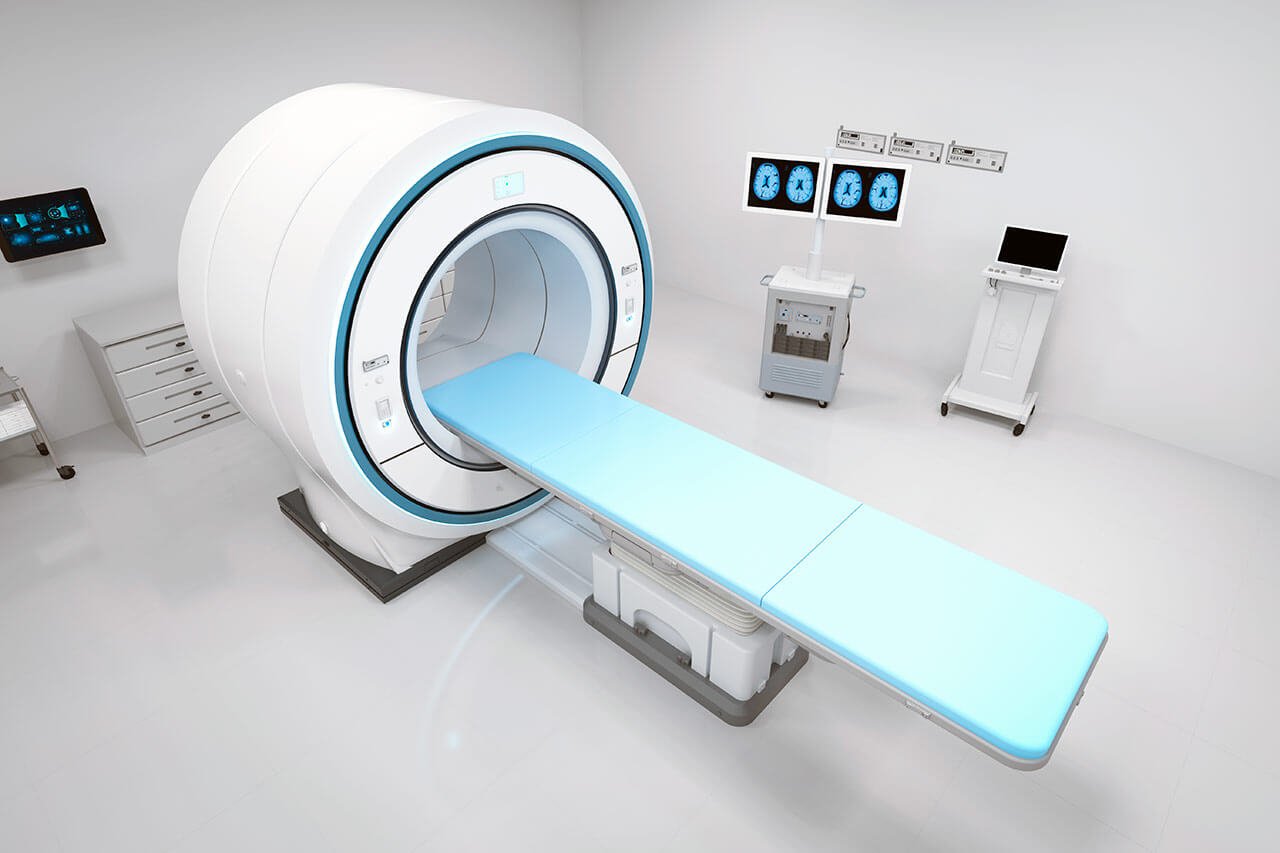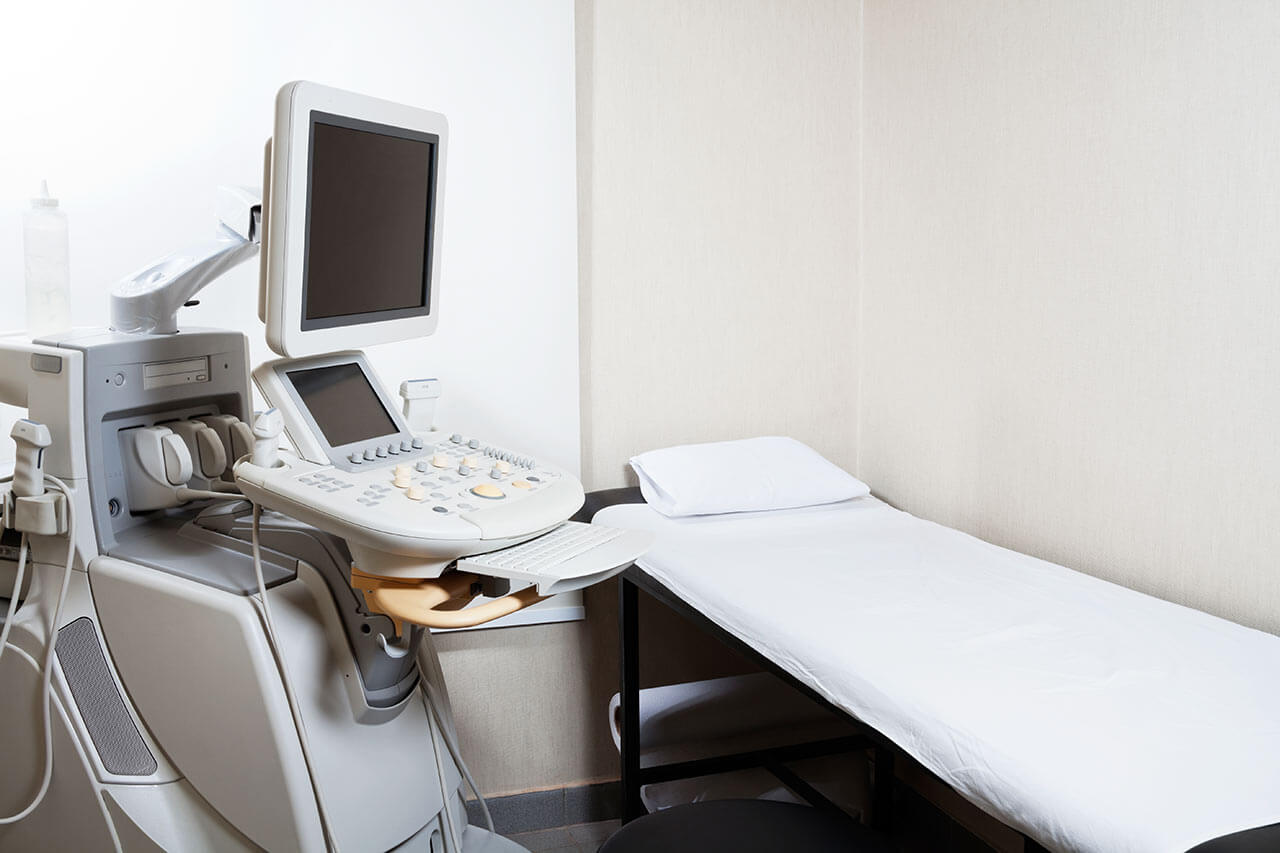
About the Department of Pediatric Surgery at University Hospital Ulm
The Department of Pediatric Surgery at the University Hospital Ulm specializes in performing outpatient and inpatient surgical interventions on children of all age groups, including newborns and premature babies. Surgeons mostly perform correction of congenital malformations, surgical removal of tumors of the kidneys, adrenal glands, liver, lungs, pancreas, and thyroid gland, and surgical treatment of vascular diseases and malformations. The department has gained vast experience in the surgical repair of congenital malformations in newborns. In addition, the department's surgeons perform plastic surgery of any complexity. Almost all surgical interventions on children are performed using sparing minimally invasive techniques. The department is one of the few in Germany where surgeons perform robot-assisted interventions for pancreatic and colon pathologies in children. Surgical procedures take place in modern operating rooms with state-of-the-art medical equipment and monitoring systems. Highly qualified surgeons with deep knowledge of the child's anatomy work here. The department's specialists get along well with children and make every effort to rid the child of fear of the upcoming treatment. The Head Physician of the department is Prof. Dr. med. Alexandre Serra.
The department often admits young patients with malignant tumors of the internal organs, including the kidneys, adrenal glands, liver, lungs, pancreas, and thyroid gland. The diagnosis of cancer in a child is a serious challenge for both the child and their parents. The diagnostic stage involves a complex of laboratory tests and instrumental diagnostic procedures, after which an individualized treatment regimen is developed, which in most cases is based on surgery. The department's surgeons aim to perform minimally traumatic resections, involving tumor removal, while preserving the organ affected by the oncological process. In most cases, the specialists are able to carry out the surgical intervention using an endoscopic method through tiny skin incisions. After such operations, the child does not require a long hospital stay, and the pain in the postoperative period is practically absent. It is important that the treatment regimen is determined on an interdisciplinary board with the participation of surgeons, pediatricians, oncologists, radiation therapists, and other specialists. Such an approach allows the doctors to develop the most effective course of treatment, taking into account the slightest peculiarities of the clinical case.
The medical facility successfully performs surgery to repair congenital malformations in newborns. One of the most common diseases in this area is Hirschsprung's disease. Pathology is a congenital malformation of the lower digestive tract that occurs due to the absence of intramural nerve plexuses. The child with Hirschsprung's disease has persistent intestinal dysfunction, which requires surgical repair. The essence of the intervention is the excision of the affected area of the intestine and the connection of healthy parts of the organ with each other. Surgery for Hirschprung's disease is quite often performed in two stages. Initially, surgeons remove the affected part of the intestine and form a colostomy, and, after some time, the second stage of the intervention to close the colostomy is carried out. After the operation, the child needs close medical supervision, and the period of a hospital stay is up to 7 days.
The team of the department's pediatric surgeons is responsible for performing surgery for hemangiomas, vascular malformations, syndactyly, hexadactyly, and everted ears. Surgeons also focus on treating fire and steam burns. Doctors use the innovative PeriCam PSI imaging system with integrated laser technology to assess the severity of burns. Surgeons perform both conservative treatment and surgical interventions, including skin grafting.
The department's clinical focuses include the following:
- General surgical interventions in children (on an outpatient basis)
- Endoscopic procedures, including under general anesthesia: cystoscopy, colposcopy, rectoscopy, esophagoscopy, and others
- Colonoscopy with biopsy
- Hernia repair surgeries
- Surgery for hydrocele
- Surgical repair of undescended testis (cryptorchidism)
- Circumcision for phimosis (sparing or total)
- Meatoplasty (removal of narrowing in the urethra at its distal end)
- Surgical removal of small soft tissue tumors
- Laser interventions
- Cryotherapy
- Removal of a Hickman line and port systems
- Surgery for benign and malignant tumors in children
- Surgery for malignant solid tumors
- Surgery for kidney cancer
- Surgery for adrenal cancer
- Surgery for thyroid cancer
- Surgery for liver cancer
- Surgery for lung cancer
- Surgery for pancreatic cancer
- Surgery for neuroblastomas
- Surgery for soft tissue sarcomas
- Surgery for rare malignant tumors
- Surgery for hepatoblastomas
- Surgery for germ cell tumors
- Surgery for retinoblastomas
- Surgery for osteosarcoma and Ewing's sarcomas
- Surgery for benign tumors
- Surgery for nevi
- Surgery for lipomas
- Surgery for hemangiomas, lymphangiomas, and lymphatic hemangiomas
- Surgery for neurofibromas
- Surgery for malignant solid tumors
- Surgery for congenital malformations in premature and newborn infants
- Surgery for necrotizing enterocolitis and focal isolated intestinal perforation in the first few weeks of life in extremely premature infants
- Surgery for intestinal and anal malformations: duodenal atresia, small intestinal atresia, colon atresia, and rectal atresia
- Surgery for esophageal atresia
- Surgery for Hirschsprung's disease
- Surgery for lung malformations, tracheostomy, and tracheal surgery
- Surgery for teratomas
- Surgery for gastroschisis and omphalocele
- Surgery for lymphangiomas
- Surgery for diseases of the kidneys and upper and lower urinary tracts, as well as complex malformations with impaired urinary function
- Surgery for reproductive system malformations in boys and girls
- Surgery for ovarian cysts and ovarian torsion
- Surgery for phimosis
- Surgery for epispadias
- Surgery for hypospadias
- Surgery for varicocele
- Surgery for undescended testis
- Surgery for urgent urological conditions (for example, testicular torsion or paraphimosis)
- Surgery for congenital malformations and disorders of urine outflow from the kidneys and urinary tract: hydronephrosis, ureteral stenosis, and megaureter
- Surgery for vesicoureteral reflux
- Surgery for genital injuries
- Surgery for pediatric urinary incontinence (for example, bladder exstrophy, epispadias, or cloacal malformations)
- Surgery for Mayer-Rokitansky-Kuester-Hauser syndrome
- Plastic surgery in children
- Surgery for congenital malformations (for example, syndactyly or polydactyly)
- Otoplasty (repair of everted ears)
- Reconstructive surgery after major traumas or burns, including treatment of burns in children (up to 30-40% of the body)
- Remodeling osteotomies for pseudarthrosis
- Surgery for skin and soft tissue tumors
- Skin grafting
- Surgery for lymphangiomas
- Surgery for diseases of the neck and chest organs
- Surgery for lateral and medial neck cysts
- Surgery for torticollis and nerve plexus paralysis (nerve bundle injuries with sensory and motor disorders)
- Surgery for the cervical ribs
- Surgery for cervical lymphadenopathy
- Surgery for esophagotracheal fistulas
- Surgery for tracheomalacia
- Tracheostomy
- Surgery for tracheal stenosis
- Surgery for tumors and burns (for example, acid burns) of the trachea
- Surgery for chest malformations (pectus excavatum and pectus carinatum)
- Surgery for pneumothorax, paralysis, and diaphragmatic hernia
- Other medical services
Curriculum vitae
Higher Education and Professional Career
- 1987 - 1993 Medical studies, Federal University of Health Sciences of Porto Alegre.
- 1993 Admission to medical practice.
- 1994 ECFMG certification (USMLE), USA.
- 1995 Board certification in General Surgery, Brazil.
- 1995 Advanced Trauma Life Support Certification, USA.
- 2001 Thesis defense in Neonatal Physiology, USA.
- 2007 Board certification in Pediatric Surgery, Germany.
- 2008 General Medical Council Certificate (Pediatric Surgeon), UK.
- 2009 Senior Physician, Department of Pediatric Surgery, Germany.
- 2012 Habilitation in Pediatric Surgery, Germany.
- 2013 European Pediatric Advanced Life Support (EPLS) Provider Certificate, UK.
- 2016 Responsible for clinic sanitation, Federal State of Baden-Wuerttemberg.
Clinical Focuses
- General pediatric surgery.
- Pediatric urology.
- Minimally invasive surgery in children.
- Plastic surgery in children.
- Pediatric cancer surgery.
Memberships in Professional Societies
- 2016 German Society of Plastic and Reconstructive Surgery (DGPW).
- 2011 European Paediatric Surgeons Association (EUPSA).
- 2004 German Society of Pediatric Surgery (DGKCH).
- 1999 Association for Psychological Science (APS).
- 1996 Brazilian Association of Pediatric Surgery (CIPE).
- 1993 Brazilian Medical Association (AMB).
- 1991 Medical Association of Rio Grande do Sul (AMRIGS), Brazil.
Photo of the doctor: (c) Universitätsklinikum Ulm






